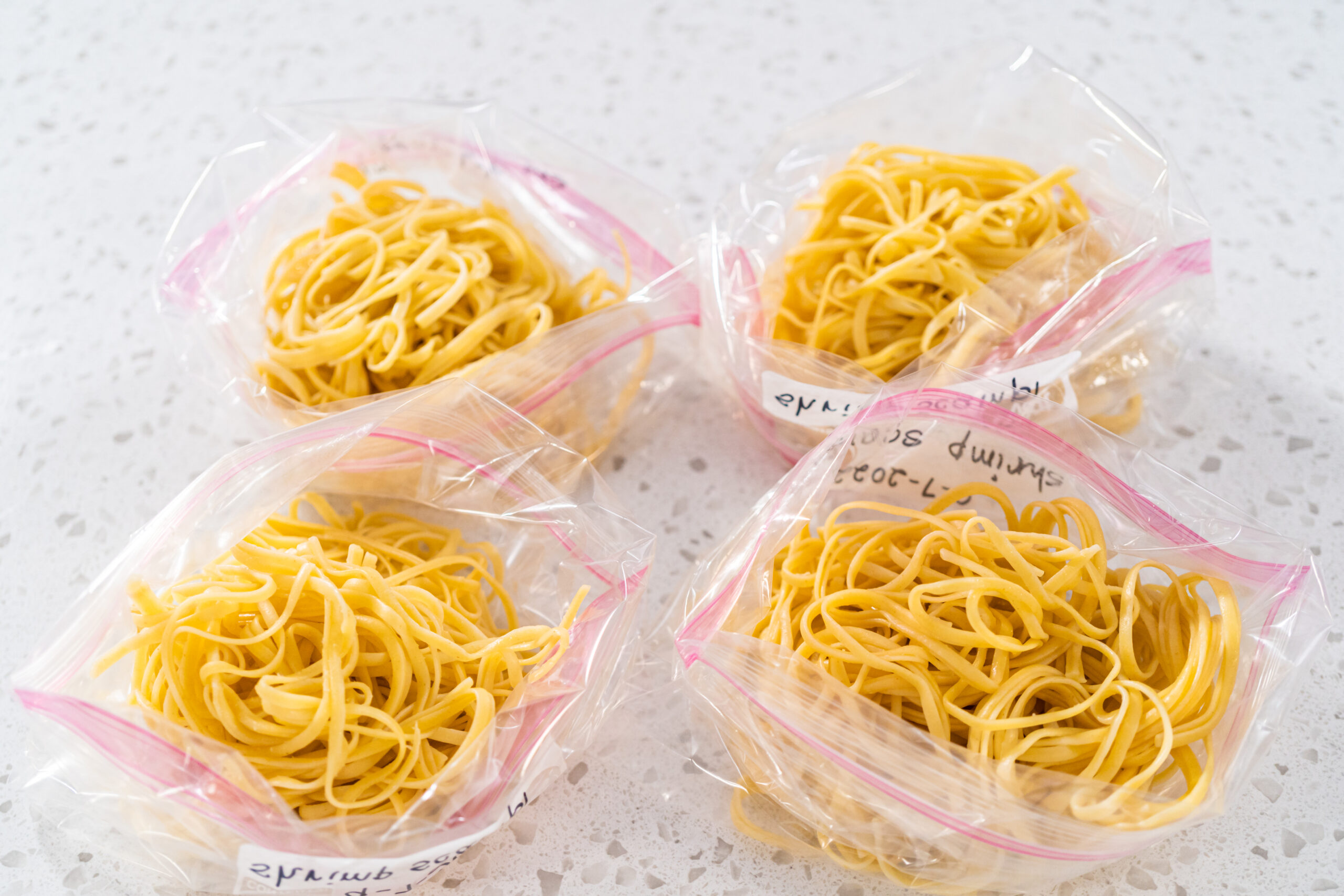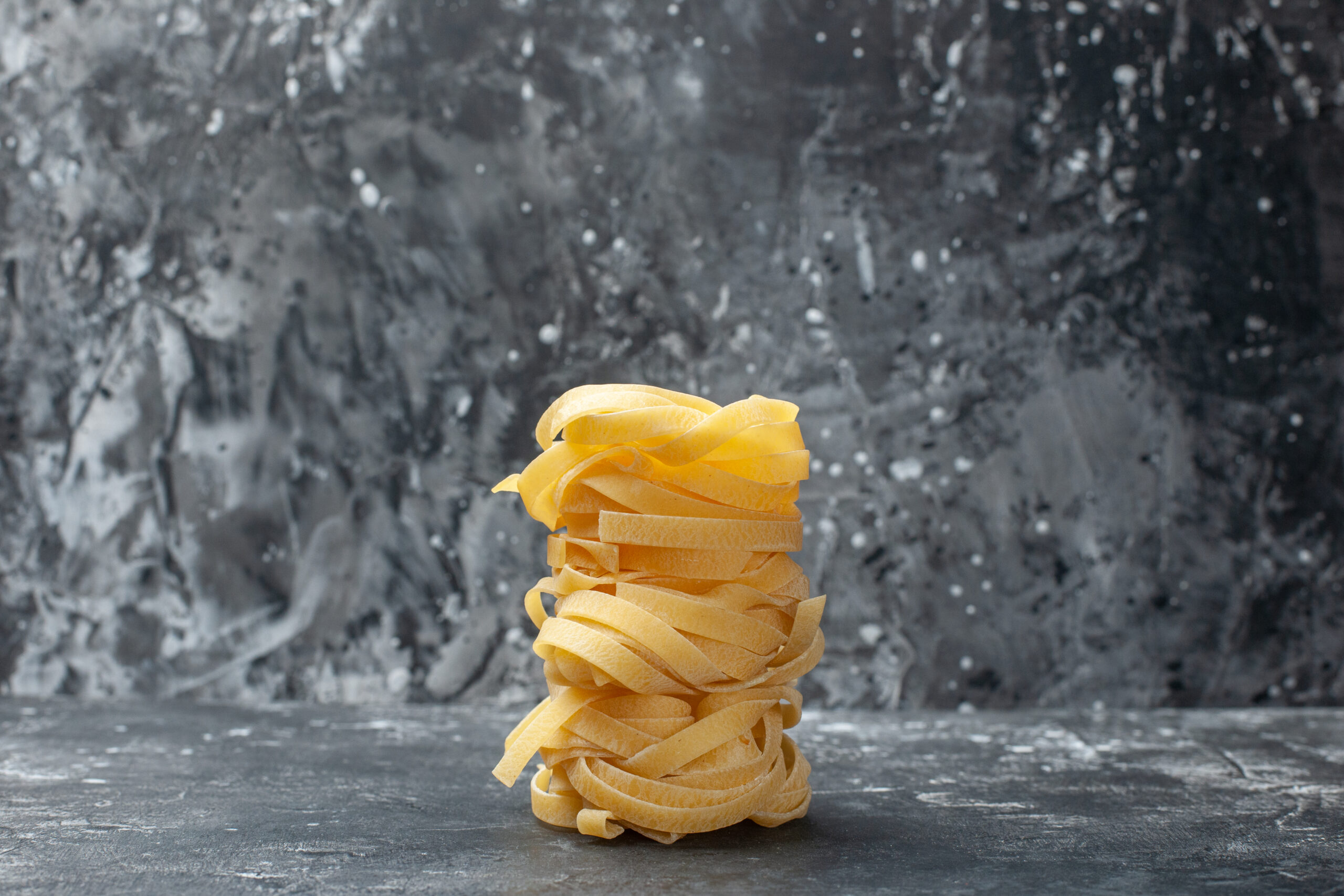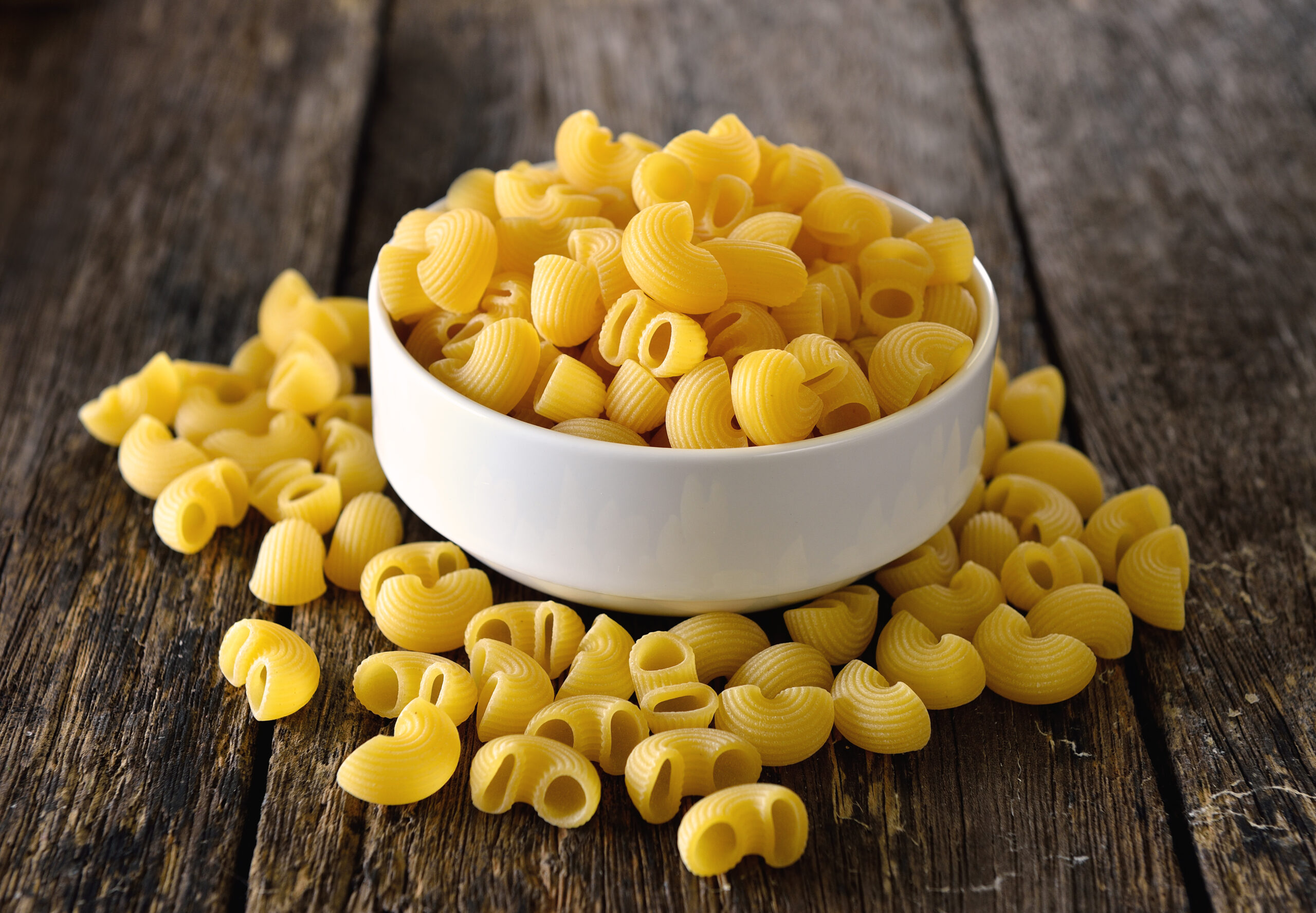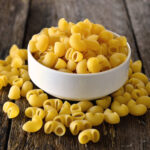Unlike store-bought dried pasta, homemade pasta uses basic ingredients like flour, eggs, and water and doesn’t contain preservatives, so it doesn’t last as long. In this guide, we’ll cover how long and how to store fresh pasta in the fridge.
How Long Does Fresh Pasta Last in the Fridge?

Freshly cooked pasta can last in the fridge for up to 5 days. If you need to store it for longer, you can freeze it for up to 3 months.
How to Refrigerate Fresh Pasta
- After cutting or shaping your pasta, spread it out on a clean baking sheet or a drying rack in a single layer. Allow the pasta to air dry for about 15-30 minutes. This will remove excess moisture and will prevent mold growth.
- Lightly dust your dry fresh pasta with white flour. This is particularly important for stuffed pasta like ravioli and long pasta like spaghetti or linguine, as it prevents the pieces from clumping and sticking to one another. You can also use the same method with unshaped and uncut leftover pasta dough.
- Divide the pasta into portions you’ll likely use for meals.
- Wrap each portion of pasta tightly in cling film or in a freezer bag. When wrapping, make sure there are no air pockets, as air can lead to freezer burn or drying out.
- Place the wrapped pasta in an airtight container.
- Mark the container with the storage date.
- Place the pasta in the coolest part of the refrigerator. This is usually at the back of the fridge, away from the door.
How to Freeze Fresh Pasta

- Storing and freezing fresh pasta is easy. Start by laying all the pasta out on a baking sheet with parchment paper. Everything should be in a single layer.
- Air dry and flour the pasta as mentioned above. Place the baking sheet in the freezer for about 1-2 hours to flash-freeze it.
- Once the pasta is frozen, portion it and transfer everything into airtight freezer bags or containers. Remove as much air as possible from the bags to prevent freezer burn. If using containers, make sure they are sealed tightly.
- Clearly label each package with the type of frozen pasta and the date of freezing.
- Place the packaged pasta away from the freezer door.
How to Cook Frozen Fresh Pasta
- The best way to cook frozen fresh egg pasta is to use it directly from the freezer. Do not thaw it.
- Bring a large pot of salted water to a rolling boil.
- Add the frozen pasta to the boiling water. Stir gently for the first minute to ensure the pieces don’t stick together. The frozen pasta will lower the water temperature a bit, so keep the heat high to return to a boil as quickly as possible.
- Taste a piece after 2 minutes. It should be al dente, which means it’s cooked through but still has a slight firmness to it.
- Once the pasta is cooked, drain it. Do not rinse as this can remove some of the starches that will help the sauce stick.
Can You Store Sauced Pasta?
Yes, you can.
You can store the pasta in a fridge for up to 2-3 days. Once the pasta is cooled down to room temperature, transfer everything into an airtight container. When you’re ready to eat, reheat it on the stove or in the microwave. If the sauce has thickened, add a little water.
In the freezer, sauced pasta stays good for about 2 months. When storing, portion the pasta into meal-sized servings and use freezer-safe containers or bags. Squeeze out the air before sealing to avoid freezer burn.
Signs of Spoilt Pasta
When storing fresh pasta, you need to know about the signs of spoilage. Here’s what to look out for:
Unpleasant Smell: Fresh pasta should have a mild, almost neutral scent. If your pasta emits a sour or rancid odor, it’s a clear sign that it’s spoiled.
Change in Color: Any unusual changes in color, such as a grayish or yellowish hue, can indicate mold or bacterial growth. If you notice any spots that look fuzzy, especially on pasta that has been moist, these are likely mold and mean the pasta should be thrown out.
Slimy Texture: Fresh pasta should be firm to the touch. If it feels slimy or sticky, this is a sign of bacterial growth.
Sour Taste: If you’ve accidentally cooked pasta that might be on the verge of going bad but shows no visual signs, the first bite will tell you what you need to know. Spoiled pasta will taste sour or off.
Summary
The shelf life of fresh homemade pasta is 5 days in the fridge and 3 months in the freezer. With the tips and guidelines mentioned in this blog, you can confidently store your homemade pasta.
Are you looking for the best pasta machine? Check out MisterChef Pasta Machine. With adjustable settings for thickness, durable construction, and easy-to-clean parts, this machine makes it easy to convert fresh pasta dough into pasta that’s ready to eat. Shop with us today.







